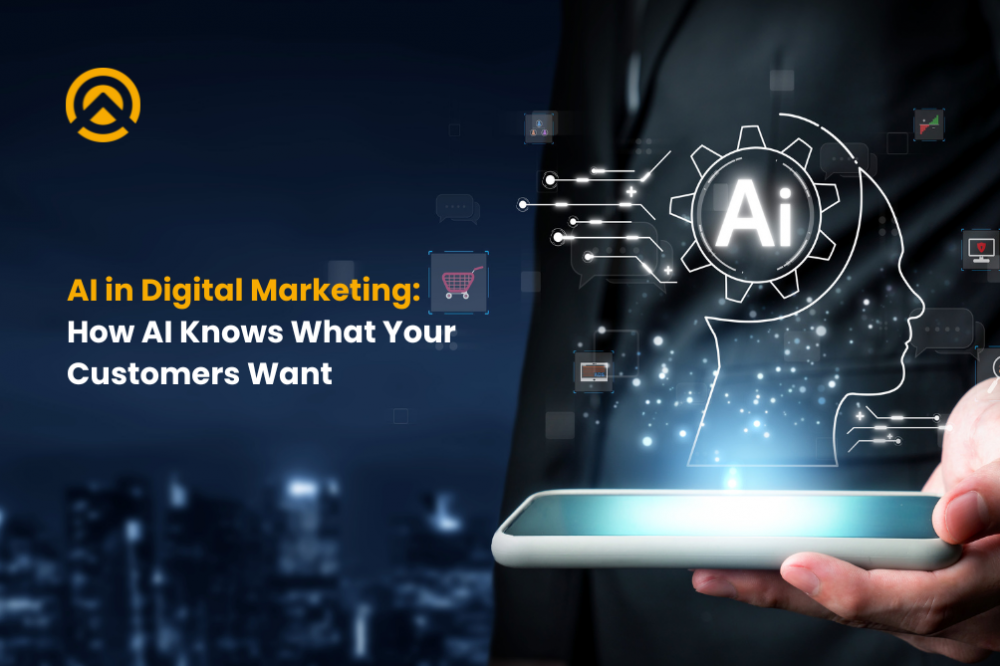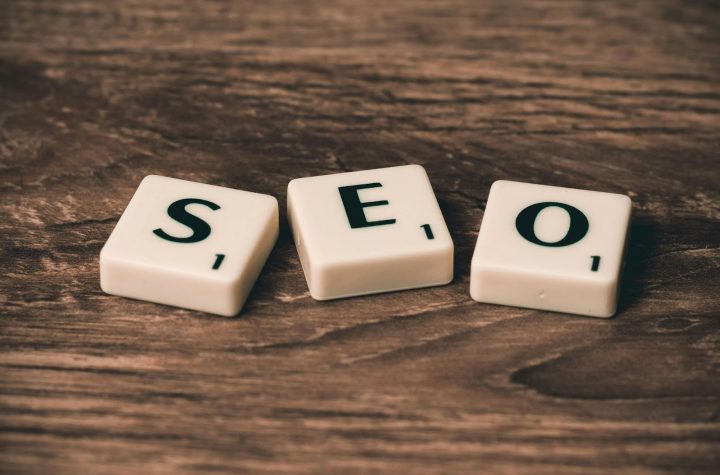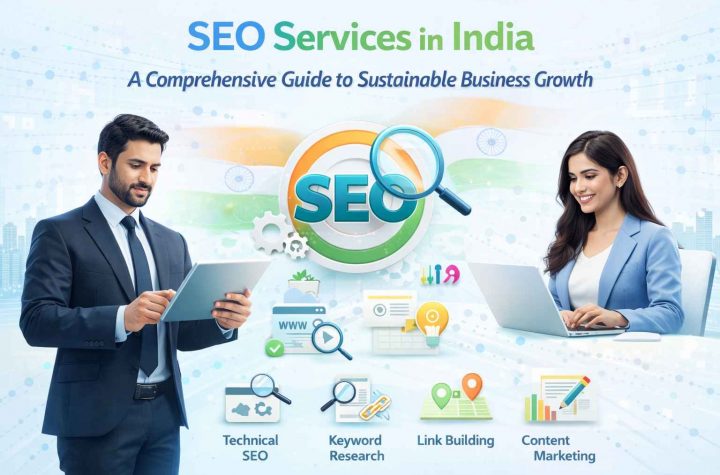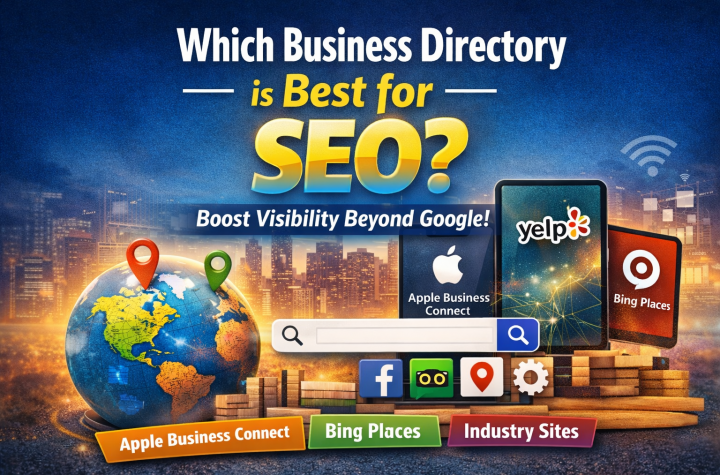
Introduction
Artificial intelligence (AI) is at the forefront of the digital marketing world, which is growing faster than ever. AI is changing the way in which a brand reaches out to its audience on all their digital channels, all the way until the strategies of the brands are automated as far as customer behavior analysis is concerned.
The days of assumption and outdated marketing are gone. AI helps businesses to apply live intelligence, predictive modeling, and machine learning to be able to determine what customers would like, sometimes even before the customers realize what they want. This change enables marketers to be more precise, effective, and responsive when it comes to the delivery of value.
In this post, we are going to look at the actual meaning of AI in digital marketing, what is behind this change, and most importantly, how AI sees what your customers desire and how to utilize that information to produce more intelligent, faster, and more customized experiences.
What is AI in Digital Marketing?
In digital marketing, AI can be explained as the use of machine learning algorithms and natural language processing (NLP), use of predictive analytics, and automation tools to enhance a marketing strategy. These technologies give attention to facts, develop patterns, and take actions without any human monitoring.
Rather than base research or campaign testing on a manual nature, marketers today can depend on AI to design smarter strategies, which are dynamic, customer-based, and data-oriented. Many businesses now implement AI through enterprise solutions that integrate seamlessly into their existing marketing workflows.
From personalized content delivery to buying pattern forecasting to better targeting of an advertisement, AI is streamlining all parts of the marketing funnel.
AI Digital Marketing Tools
AI tools make it easier for marketers to execute, monitor, and scale their efforts. Some popular tools include:
- ChatGPT / Jasper – Content generation and copywriting
- Google Ads Smart Bidding – AI-based ad bid optimization
- HubSpot / Salesforce Einstein – CRM and AI-powered marketing automation
- Grammarly / Copy.ai – AI content and grammar tools
- Canva Magic Write – AI-based content generation for design
How AI Understands Your Customers Better Than Ever
AI doesn’t just collect data—it learns from it. Here are 10 ways AI uncovers what your customers truly want:
1. Monitors Online Behavior
AI monitors the user activity, including clicks, duration, page and scroll interactions, and site engagement, that find out the individual interests, engagement, and patterns used as a purchase indicator.
2. Analyze Buying Patterns
Following through past transactions, AI knows when a transaction is repeated, what season, and product preference to advise what can be in the next purchase, and when to suggest the best time to buy.
3. Understands Emotions
AI-led sentiment analysis and natural language processing, for example, will deduce frustration, excitement, and satisfaction with products or services from social media posts or customer reviews and messages.
4. Builds Customer Segments
AI clusters customers with shared characteristics- such as behavior, location, spending, or preference- so marketers can deliver highly targeted and specific campaigns to each unique customer group.
5. Predicts User Intent
Predictive analytics with AI can predict future behaviors, such as purchase behavior, cart abandonment or click through by assessing their current patterns of behavior and therefore guide marketers to make immediate corrections.
6. Powers Personalization
With AI, it will be able to provide real-time true personalization, serving the user the right information on the right products, content, and offers depending on his/her interest, likes, past interaction, and will result in a lot more engagement and conversion.
7. Learns from Interactions
With chatbots and AI Agents in Business, the brand can use user messaging, questions and answers, complaints, and feedback to optimize messages and get better insights about the needs of the customer via real-time conversation.
In combination with all these functions, AI can assist a marketer in having a comprehensive, constantly up-to-date picture of what the clients are interested in, and what new course of action they are likely to take.
Benefits of Using AI in Digital Marketing
The benefits of the adoption of AI in the digital marketing are strategic as well as practical:
- Better Targeting: AI assists in delivering the right message to the right person and at the right time.
- Improved ROI: Optimal bidding and optimized content, and specific campaigns will reduce instance of waste and increase returns.
- Personalized Experiences: AI-based personalization enhances user interaction, user clicks, and conversion.
- Quick Action: Campus turns around faster owing to real-time data analysis.
- Time and Cost-Efficiency: Automation of tasks that previously relied on manual labour through the use of AI minimizes the effort placed in the task and releases teams to work on strategy.
The advantages help the enterprises to stay ahead and in the lead of others in an environment where the influence of the customers is limited.
Challenges and Ethical Considerations
AI brings a lot of opportunities but comes with hurdles:
- Data Privacy: The users have become more conscious about the way the businesses handle their personal data. When done improperly or in lack of guidance it can destroy their faith.
- Algorithm Bias: AI can be as good as the information has taught them. Garbage in, garbage out: Unfair or inaccurate data yield fair and unfavorable results.
- Excessive robotization of dependence: AI is good, but marketers need to employ the use of their brain. Creativity that human beings have along with the voice of a brand can never be replicated by machines.
- Expensive start-up: Certain AI technologies are straightforward to work with, although this may be costly. In particular, they include AI Integration on a large scale. This is specifically expensive to small businesses that have little budget.
A responsible approach is what counts. Marketers have to aim at transparency, ethical use of data, and getting user consent when they apply AI.
AI in Digital Marketing: Real Examples
AI is used by businesses in many useful ways to improve their digital marketing:
- Amazon utilizes AI to suggest items you should purchase using what you purchased previously, how you searched the selections, and how it can notice how people conduct themselves.
- Spotify also has AI, which helps create user-specific playlists and recommends new songs liked by people.
- Netflix applies AI in recommending shows to individuals that it thinks they could enjoy, which encourages them to spend more time on its platform.
- The chatbot developed by Sephora provides users with personal skincare tips and suggests products depending on the responses to a quiz.
- Coca-Cola is applying AI to create products that will be appropriate in specific locations and within specific groups of the same people.
All these examples indicate that AI has ceased being a back-end tool. It is highly associated with the way customers respond to a brand and perceive it.
Conclusion
Artificial intelligence cannot be considered the future of marketing any longer; it can be considered a present. AI provides companies with an effective method of grasping customer needs since the technology can forecast user intentions all the way down to hyper-personalizing content.
Not only can brands be smarter with AI tools and ethical when handling data and using it, but also be more human through a marketing plan developed out of understanding the customer and their interactions with the brand, constantly learning. With the support of AI automation services, this becomes even more achievable and scalable.
With consumer demands getting even higher, AI has become the solution to creating stronger connections, increasing engagement, and providing value at the right time and place.




More Stories
What Is Golf Course SEO and How Does It Work?
SEO Services in India: A Comprehensive Guide to Sustainable Business Growth
Which business directory is best for SEO?